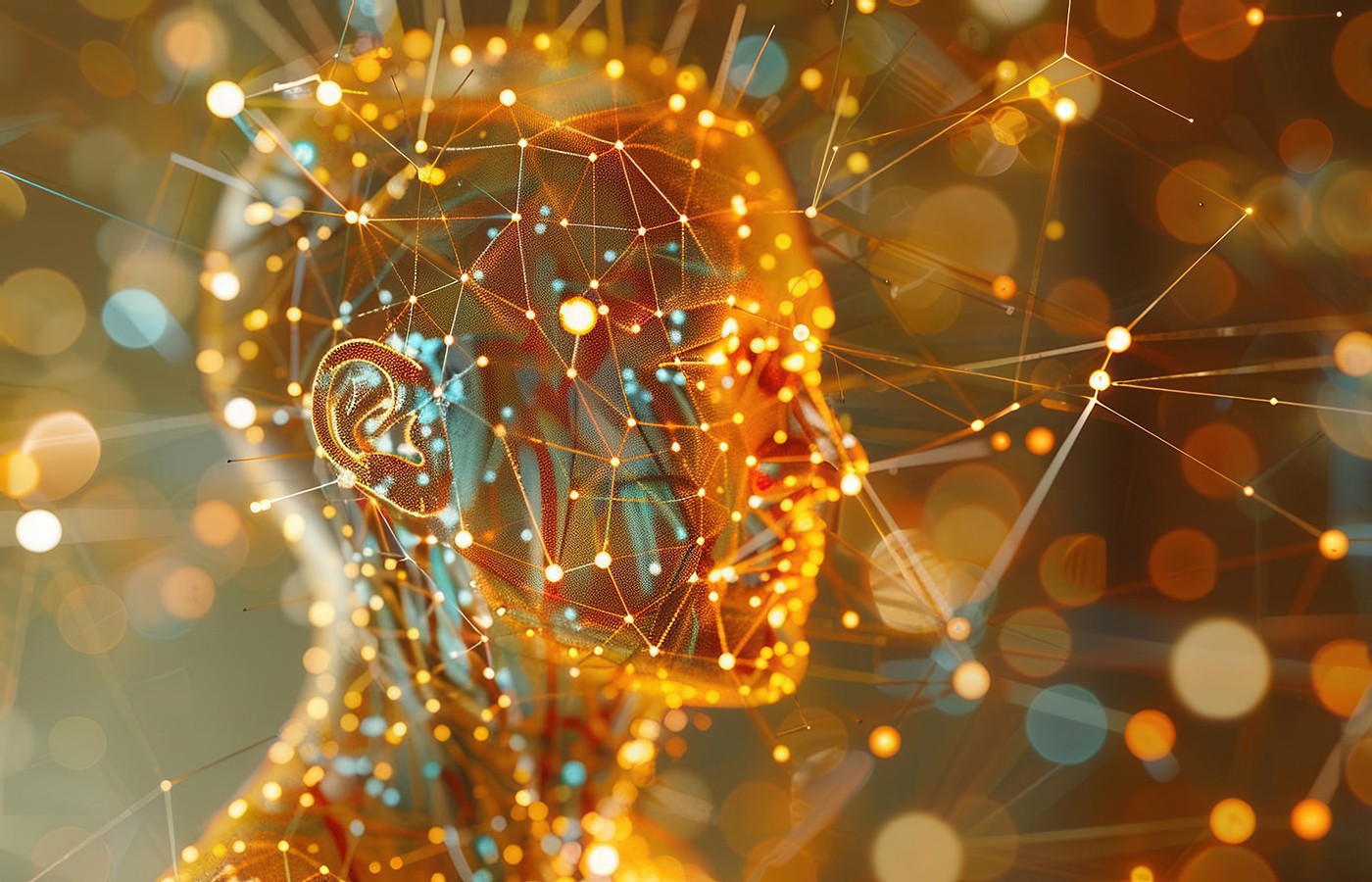The most important relationship I seek to nurture in the treatment room is the one a patient has with their own body. We live in a culture that teaches us to override pain, defer to outside authority, and push through discomfort. Patients often arrive hoping I can “fix” them, but the truth is, we can’t do the work for them. We can offer guidance, insight and support, but healing requires their full participation.
Embracing the Future: How Artificial Intelligence Can Enhance Acupuncture Practice
The integration of artificial intelligence (AI) into health care has not only revolutionized conventional medical practices, but also opened new frontiers in alternative medicine such as acupuncture. AI's ability to analyze and interpret complex data can significantly enhance diagnostic accuracy, personalize treatment plans and optimize patient outcomes.
This article explores the transformative potential of AI in the field of acupuncture, offering a glimpse into a future in which technology and traditional medicine blend seamlessly.
AI in Diagnosis
In traditional Chinese medicine, diagnosis often involves interpreting subtle signs and symptoms that require years of expertise. AI can support acupuncturists by analyzing complex patterns within large datasets, including electronic health records and genetic information, to identify trends and correlations that might not be immediately apparent.
Enhanced diagnostic tools powered by AI can integrate comprehensive patient data, suggest the most effective acupuncture points, and even predict patient responses to certain treatments. This level of analysis can help in identifying underlying health issues faster and with greater accuracy.
Personalized Treatment Plans
AI's capability to handle vast amounts of data enables the creation of highly personalized treatment plans. By analyzing patient-specific factors such as age, lifestyle, and detailed symptomatology alongside historical treatment data, AI algorithms can suggest customized treatment strategies that optimize the choice of acupuncture points and techniques.
This personalized approach not only improves the efficacy of treatments, but also significantly reduces the likelihood of side effects, thereby enhancing patient satisfaction and adherence to treatment protocols.
Patient Management and Follow-Up
AI-powered systems can revolutionize patient management by automating administrative tasks such as appointment scheduling, treatment reminders and follow-up notifications. Moreover, wearable technology can monitor patient vitals and symptom progression in real-time, providing acupuncturists with ongoing insights into patient health and treatment effectiveness. This automation and real-time data collection free up acupuncturists to focus more on patient care, rather than administrative duties.
Research and Continuous Learning
AI facilitates a continuous learning process for acupuncturists through the aggregation and analysis of treatment data across various demographics and conditions. This not only aids in refining and improving acupuncture techniques, but also contributes significantly to the broader field of medical research. By analyzing treatment outcomes and patient feedback, AI can help identify best practices and potential areas for innovation within the acupuncture community.
The Ethical and Practical Considerations
While the integration of AI into acupuncture offers numerous benefits, it also raises ethical and practical considerations. Issues such as data privacy, the need for clear regulatory standards, and maintaining the personal touch that is crucial to holistic practices like acupuncture are essential discussions for the future. These challenges must be addressed to fully harness AI's potential in a way that respects patient autonomy and promotes holistic well-being.
Conclusion
The future of acupuncture is being reshaped by AI. This integration promises not only enhanced practice efficiency and patient outcomes, but also a new horizon in traditional medicine research. As technology evolves, so too can the ancient art of acupuncture, merging tradition with technology to foster a healthier tomorrow.
Editor’s Note: Justin Mandel, DOM is the developer of the first AI platform for Acupuncturists, DakaiTCM. He did not write a word of this article; DakaiTCM wrote it all for him in less than a minute. (It has been edited lightly to conform with Acupuncture Today’s formatting guidelines.) He has 20 years of experience with software development.



